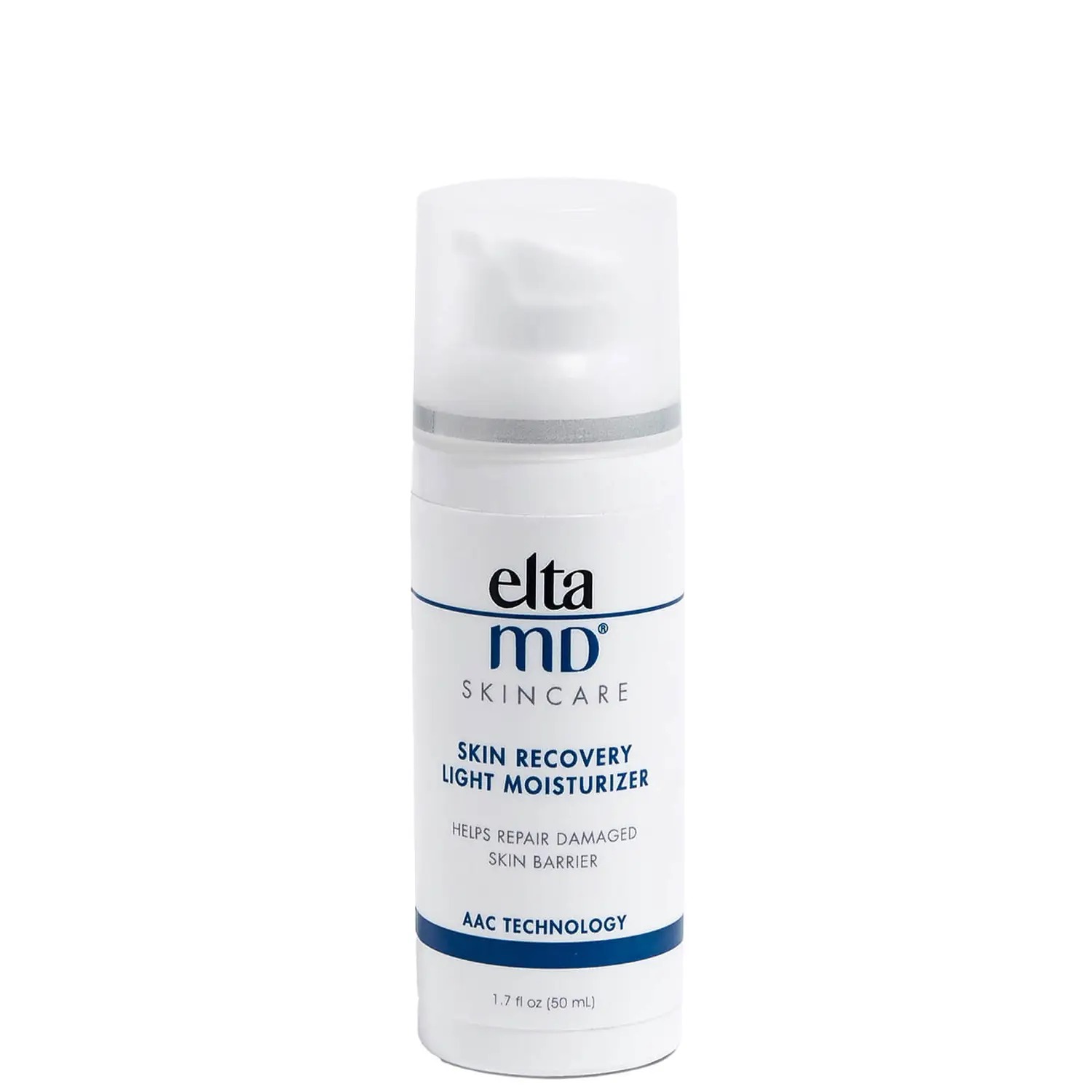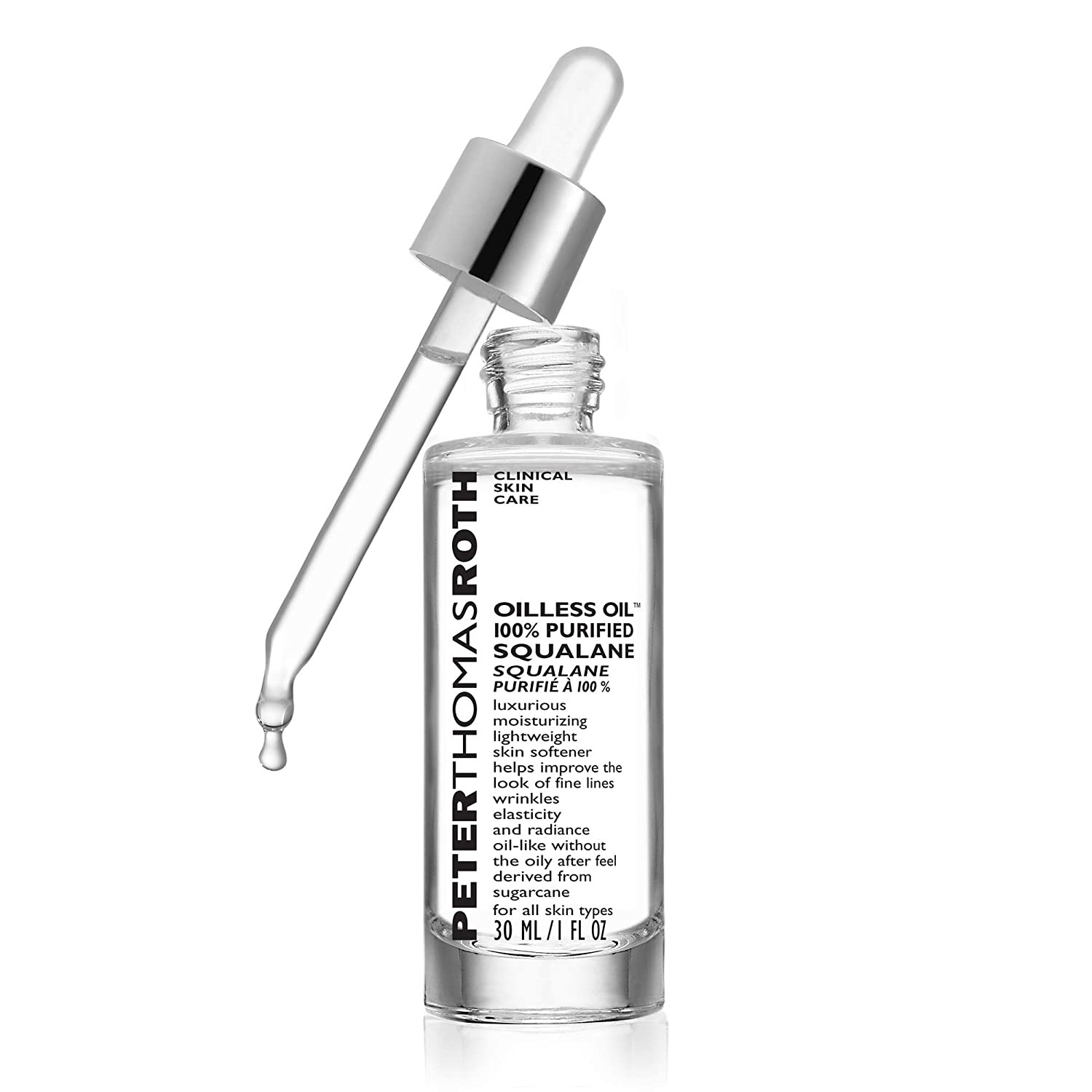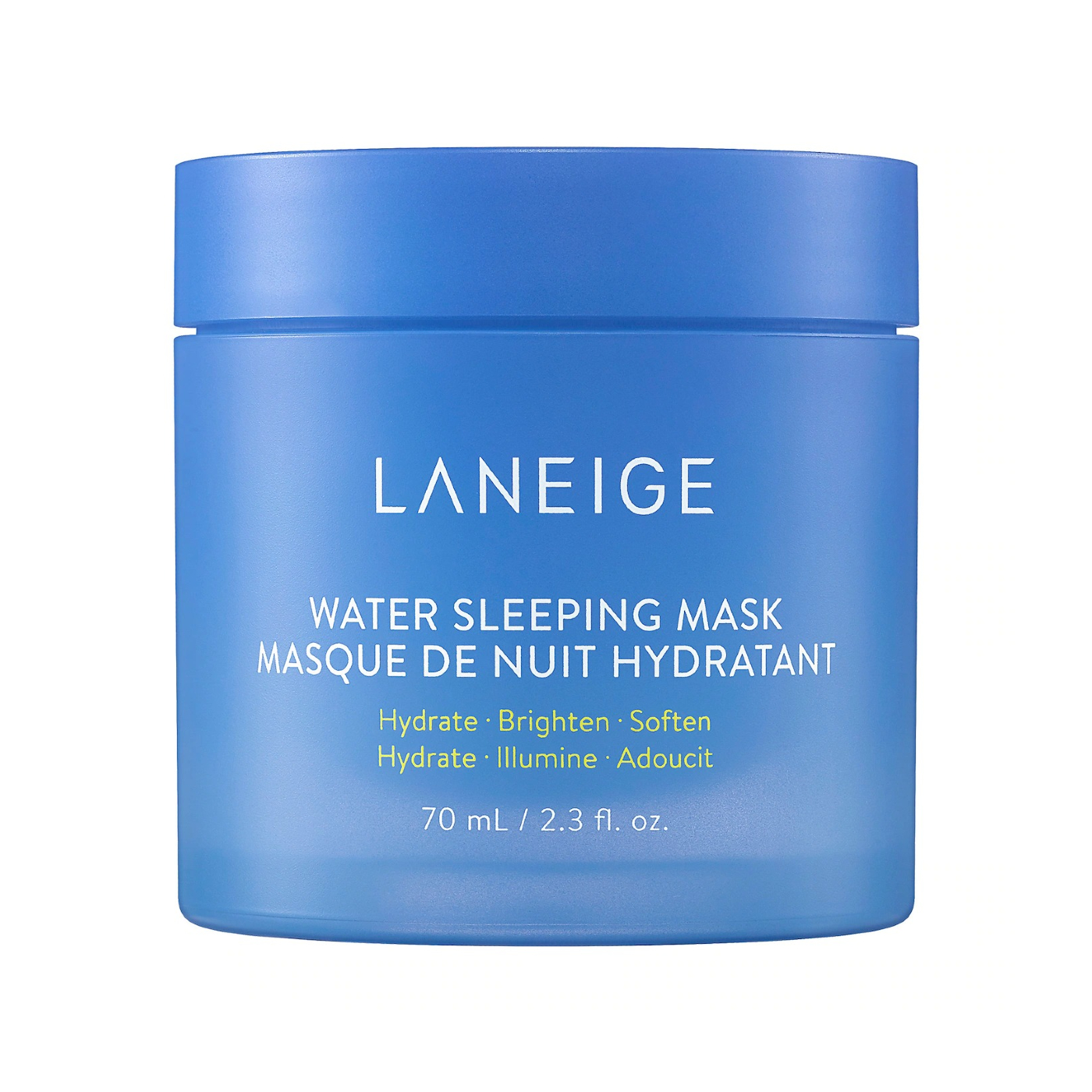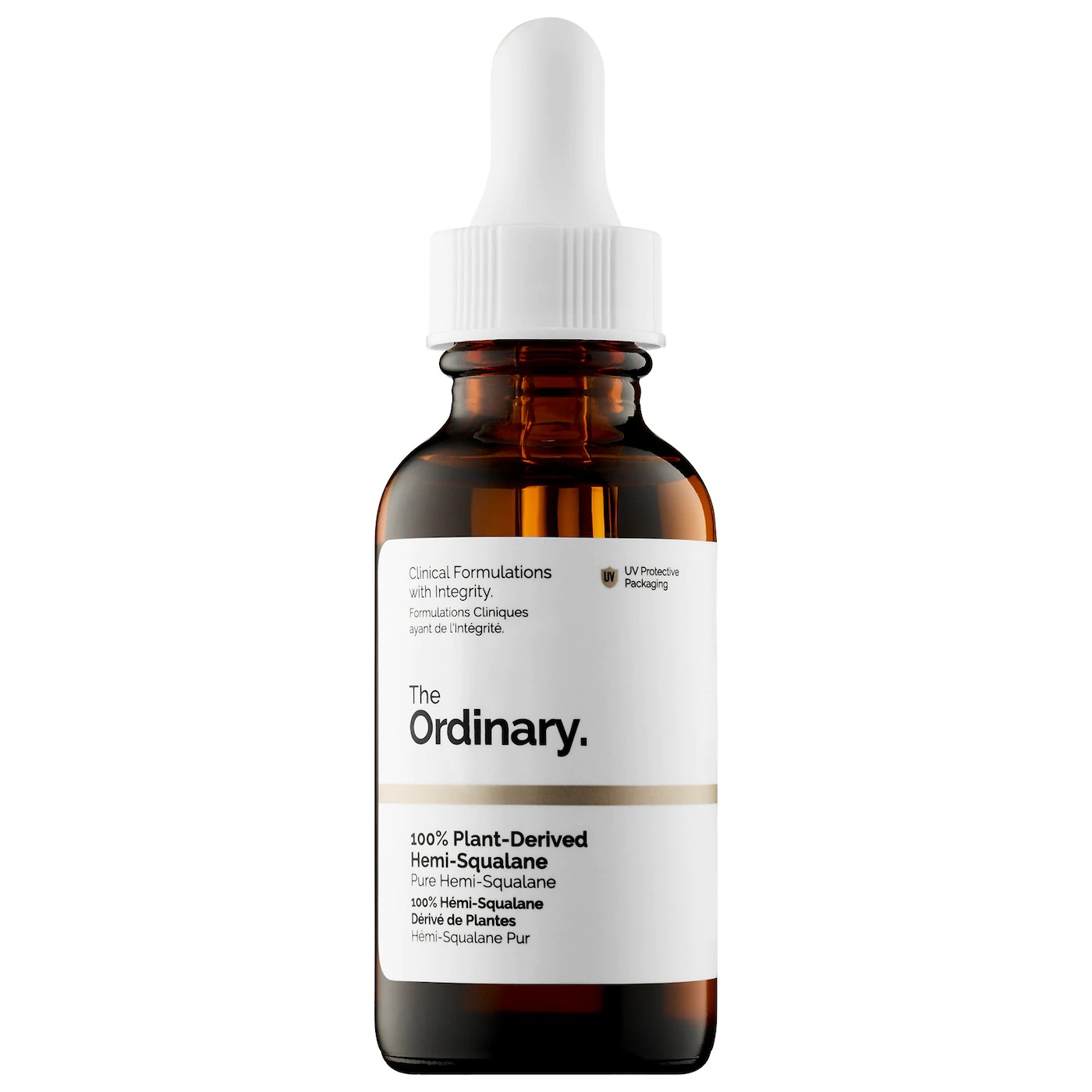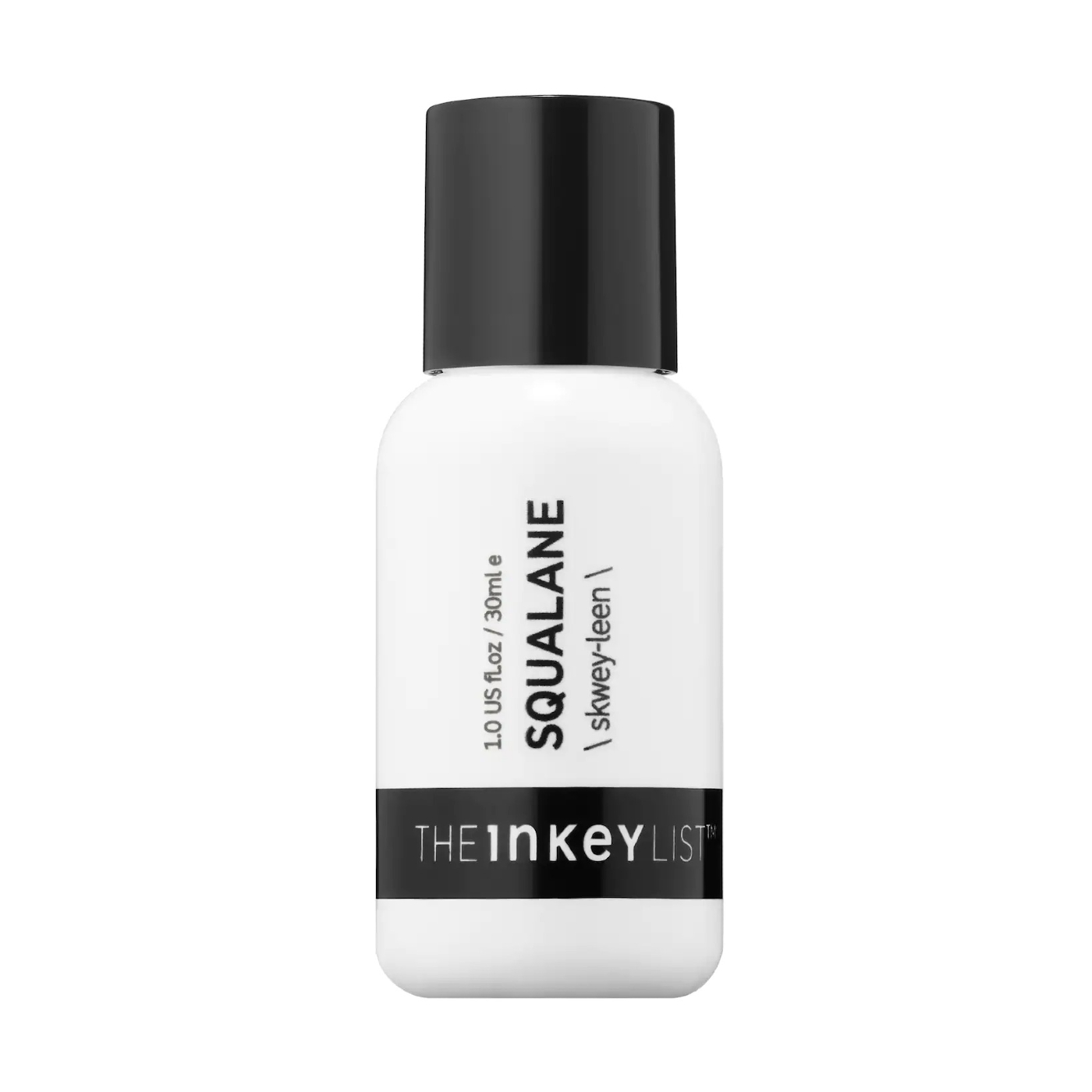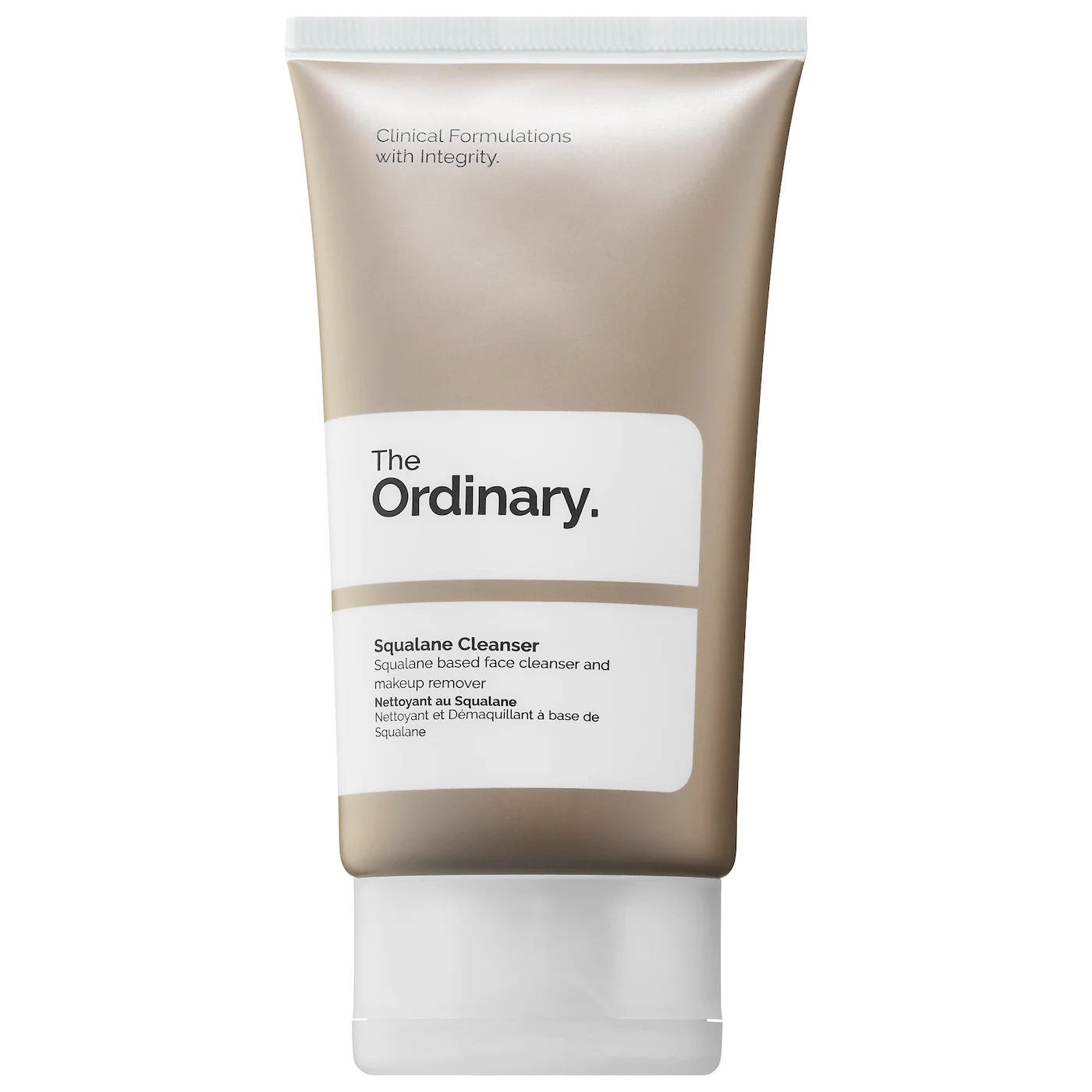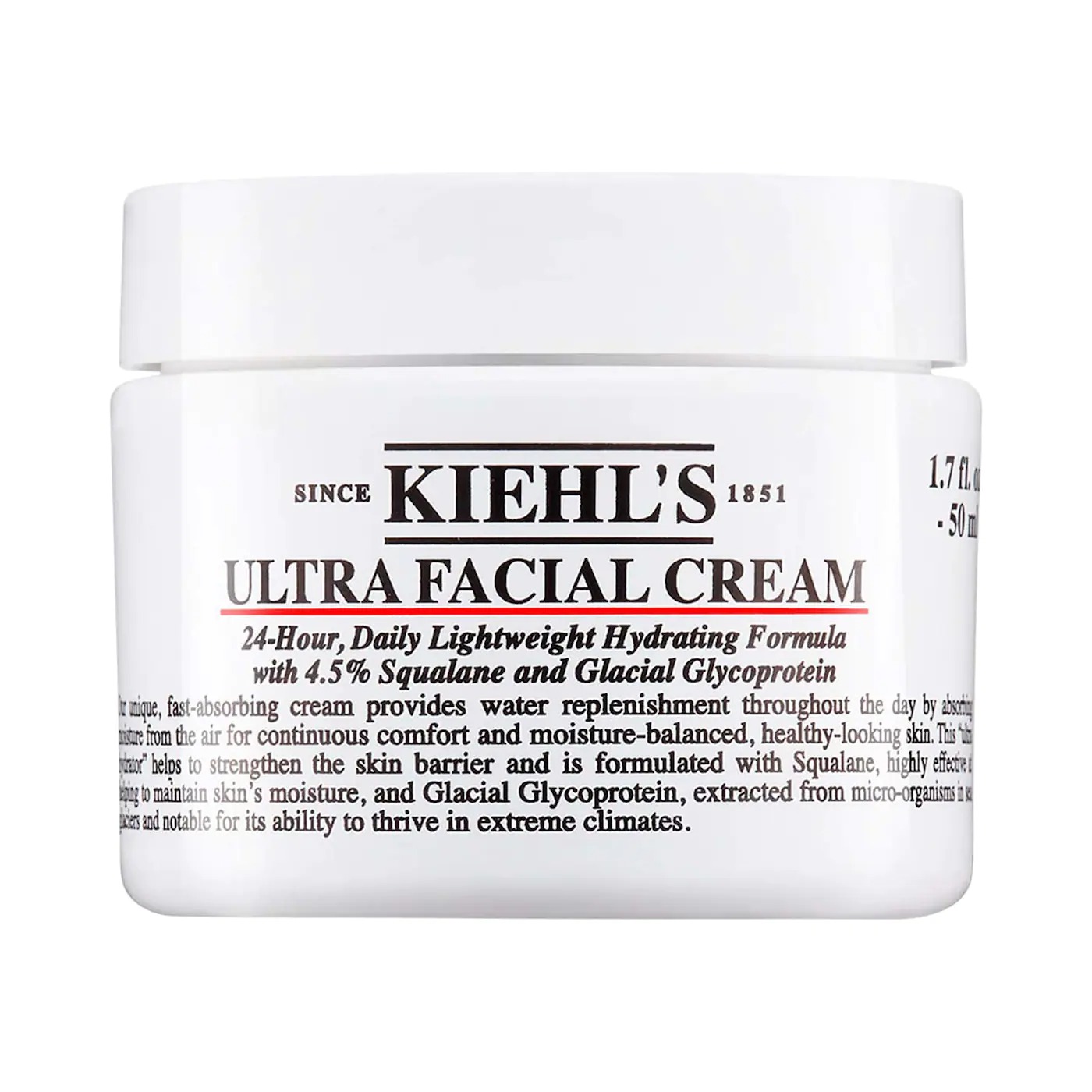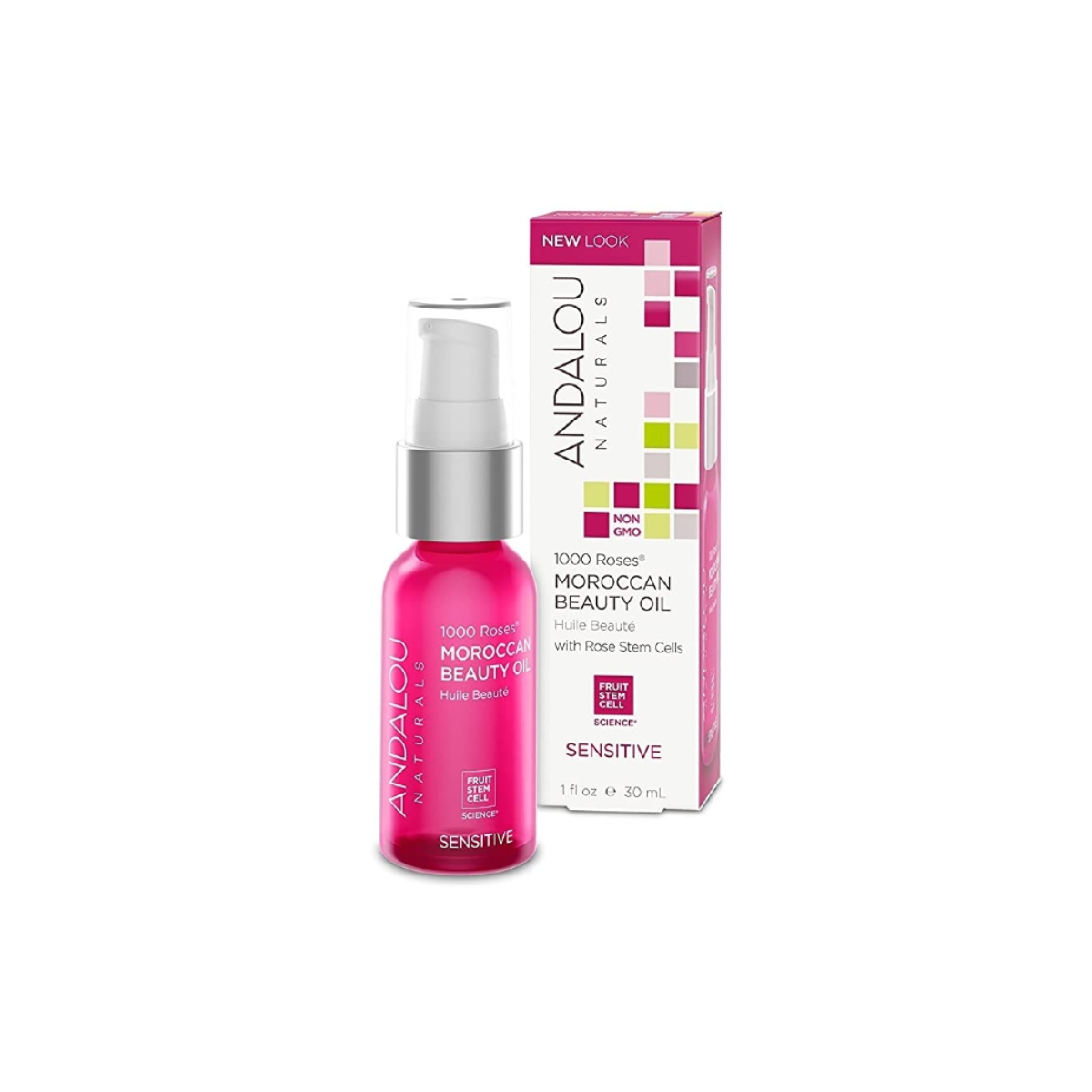Hydration Is Key for a Glow—Meet One of the Few Oils That Works for Everyone

If you're even slightly into skincare, you've probably heard of squalane by now. It has popped up on label after label in the beauty industry over the past few years and with good reason. Squalane is one of those rare ingredients that seem to be well-tolerated by all skin types. Derms love it, editors love it, and if you haven't given it a try for yourself, let me have a minute of your time to convince you. Still not sure what I'm talking about? No worries—this article will explain everything.
I asked a couple of my favorite derms to give us the full scoop on this one. According to them, squalane is a hydrogenated form of squalene. "Squalene is a naturally occurring, organic compound in our skin, but it is unstable in its pure form," says board-certified dermatologist Lauren Penzi, MD. "It's also found in plants, including olive, palm, wheat germ, amaranth, and rice bran. In order to stabilize squalene and harvest it for use in skincare products, it is converted to squalane."
Below, you'll find everything you need to know on this ingredient, including the benefits of using it, the whole squalane-versus-squalene debate, and the best products to buy containing it. Keep reading.
What are the benefits of using squalane?
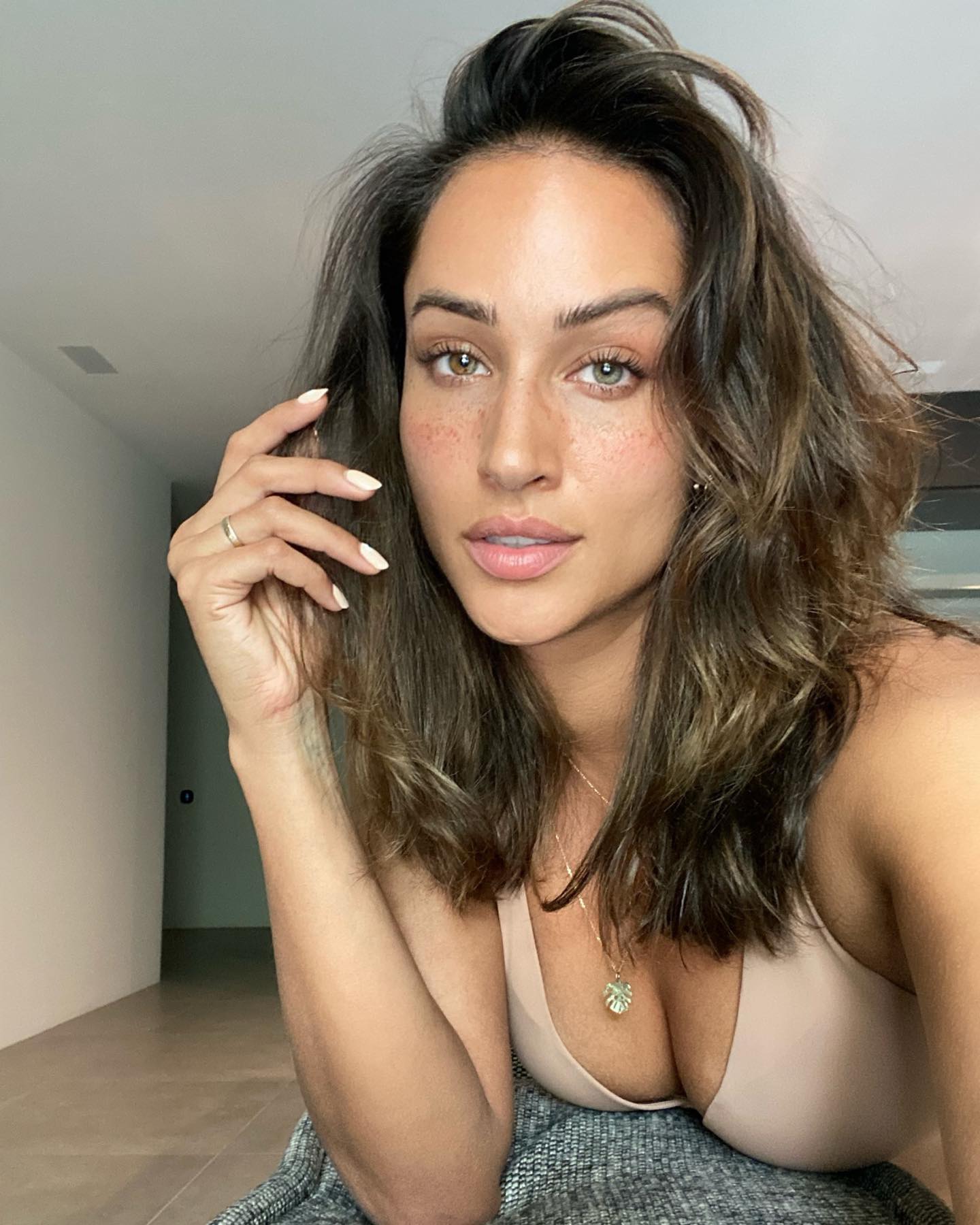
Good news—if your skin is ultra dry or you're struggling with a bit of barrier damage, squalane is just the ingredient for you! Dermatologists love it because it's extremely hydrating and is pretty similar in nature to the oil produced by our own skin. Penzi weighs in on the powerhouse ingredient. "Squalane is a fantastic hydrating ingredient for those with skin barrier disruption and transepidermal water loss," she says. "It is an excellent occlusive moisturizer and is a great choice for those with dry, sensitive skin. It is also a great choice for those with mature, aging skin. It has been found to fight free-radical damage in our skin as an antioxidant, which helps to combat photodamage and signs of aging like wrinkles and discoloration. It's also gentle enough to be tolerated by all skin types and has little to no adverse side effects."
Marisa Garshick, MD, also adds that squalane can really help soften and smooth out the skin. "It also provides anti-inflammatory benefits, helping to calm redness and inflammation," she shares. "It can be used in combination with other active ingredients to help improve tolerability. It really helps to moisturize the skin without leaving the skin feeling greasy."
Squalane vs. Squalene

I also want to clear up a bit of confusion surrounding squalane versus squalene. Choosing the right skincare for you can already be an overwhelming and confusing journey. When ingredient names start to look almost identical, it can definitely create more of a problem. Luckily, our derms were able to easily explain this one. "Squalene is naturally produced by sebaceous glands and found naturally in the skin and helps to keep the skin moisturized. Squalane is the hydrogenated version of squalene and is what is found typically in skincare products," says Garshick.
Penzi elaborates calling squalene a "natural wax-like substance that is a major component of skin surface polyunsaturated lipids." Basically, squalane is so well-tolerated by all skin types because it's so close to the makeup of our own skin. I have pretty sensitive skin myself and have found it to be one of the best ingredients to help repair my barrier and keep my skin hydrated during the winter. For each of Garshick's and Penzi's favorite products containing squalane, keep scrolling.
The Best Products With Squalane
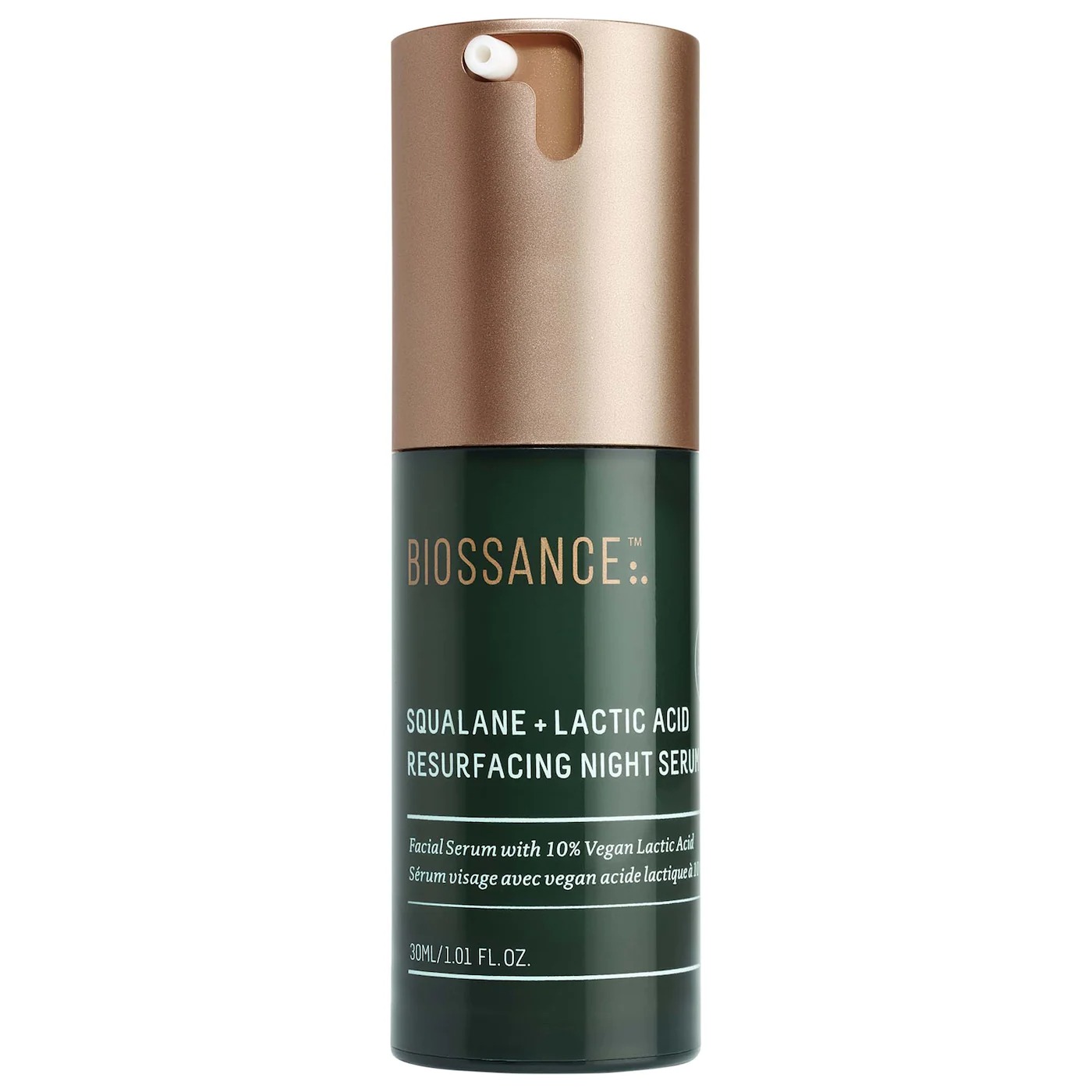
"Combining lactic acid with squalane, this serum helps to exfoliate the skin to brighten and improve discoloration, while also moisturizing the skin and minimizing irritation. Even after just one use, there was reported improvement in hydration and the appearance of fine lines and wrinkles." — Garshick
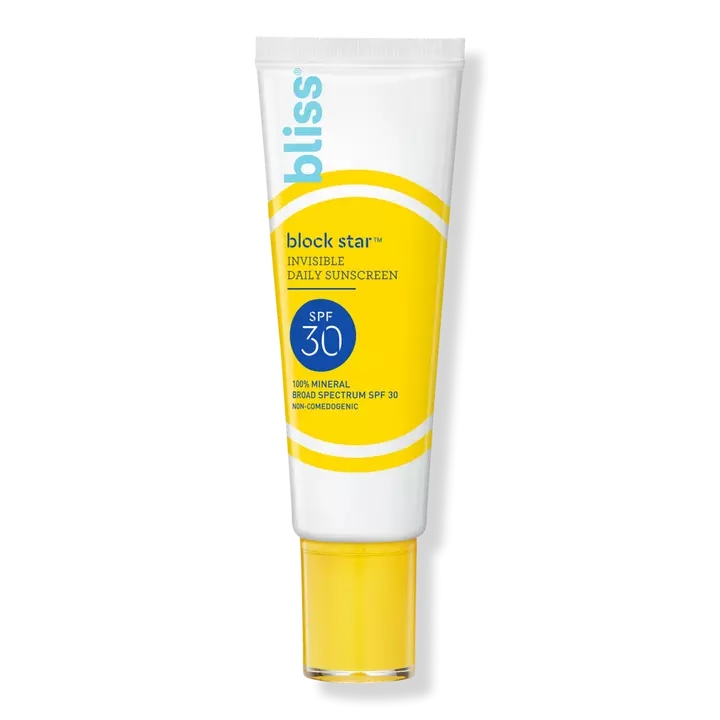
"Providing SPF 30 protection, this mineral sunscreen helps to protect the skin while also nourishing and hydrating the skin using squalane and glycerin. It offers antioxidant protection and controls excess oil, making it a great option for all skin types." — Garshick
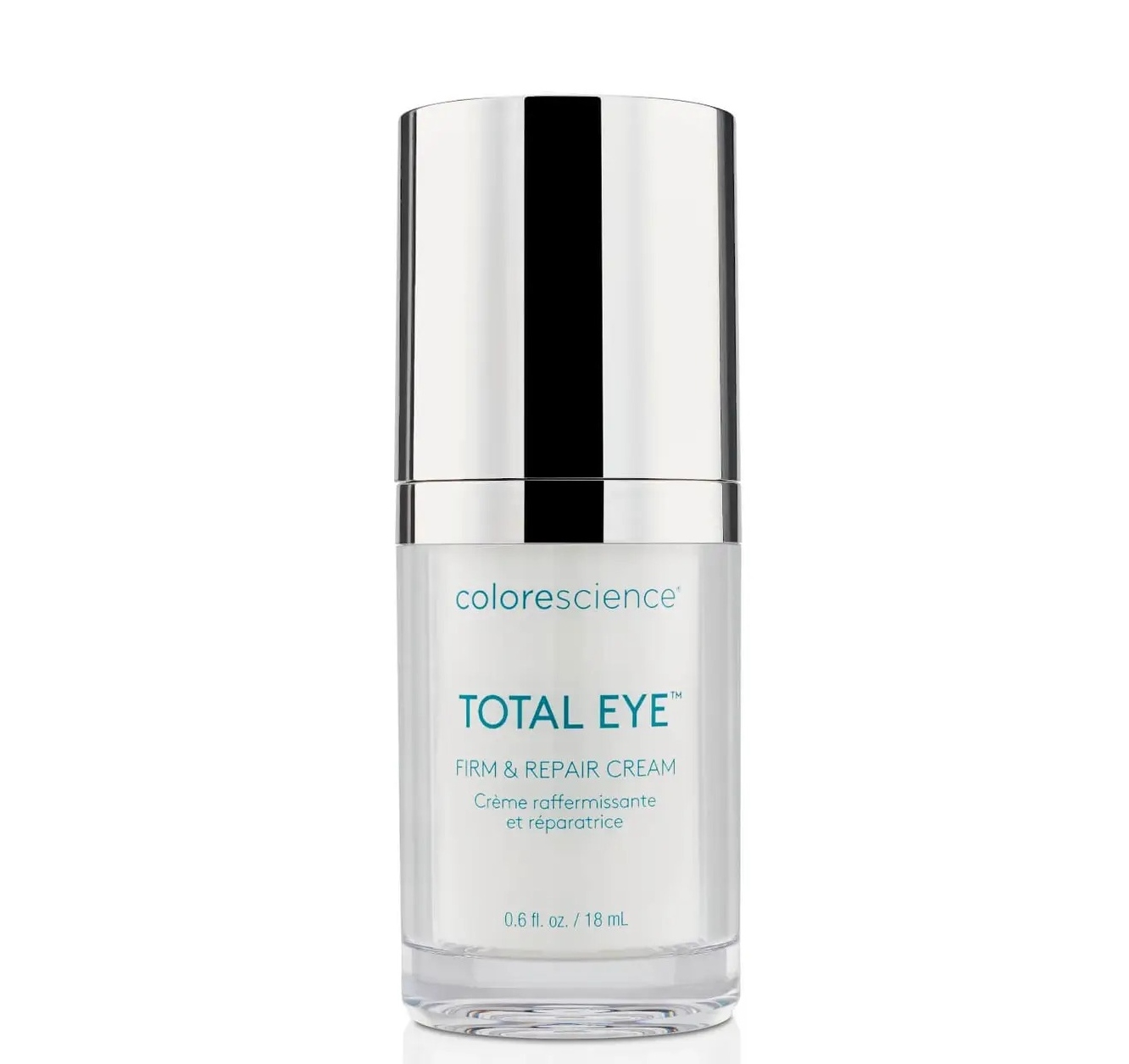
"Containing squalane and meadowfoam seed oil, this hydrating eye cream also includes humectants such as glycerin and sea buckthorn fruit oil and works to support the skin barrier and improve the overall texture of the under eye skin. It is safe even for those with sensitive skin as it is free of parabens, phthalates, and synthetic fragrance." — Garshick
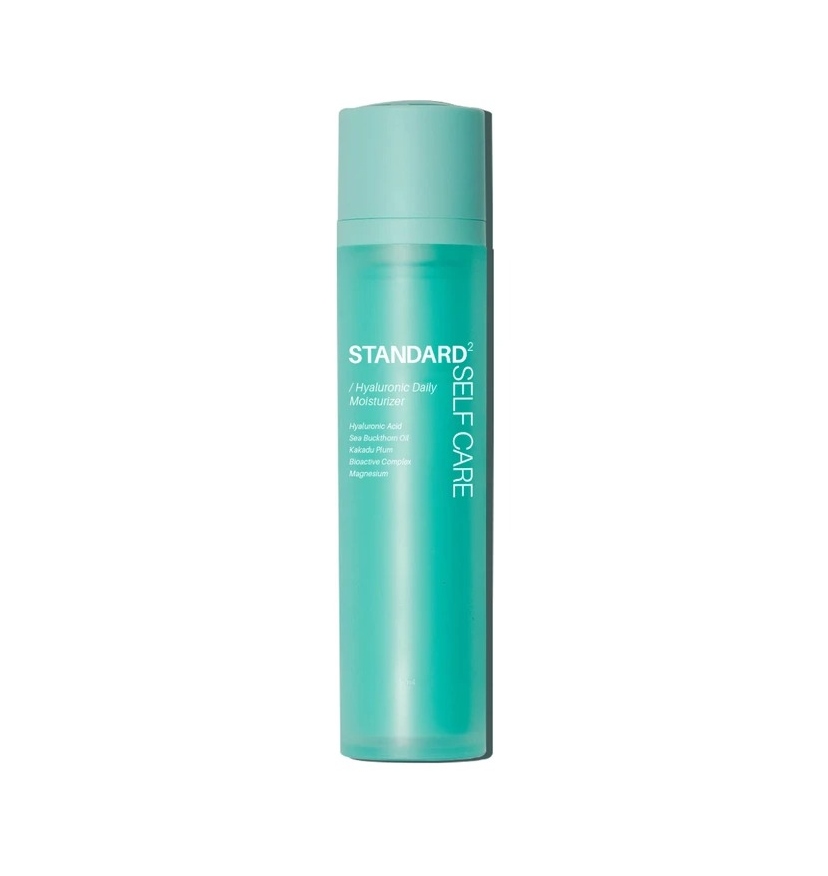
This nutrient-rich moisturizer with loads of hyaluronic acid, vitamin C, and squalane has been a favorite of mine recently. It leaves your skin feeling so hydrated all day without it feeling heavy or greasy. Basically, my co-worker Anneliese got me obsessed with it because I asked her what she'd been using on her skin. (It was looking glowy AF.) I gave it a whirl for myself and ended up in love. It helps me keep my routine simple (something I'm not usually the best at) because it includes so many ingredients my skin loves and needs in one moisturizer. My skin is also sensitive, so it's always a win when I find something that doesn't break me out or cause irritation. Give it a go; you seriously won't regret it.
Up Next: Derms Say These 10 Hydrating Serums Are Dry Skin's Worst Nightmare
Shawna Hudson is a beauty, wellness, lifestyle, and travel writer with over 10 years of experience. She graduated from California State University, Fullerton, with a degree in journalism and has written for other publications such as Bustle, The Zoe Report, Byrdie, Elite Daily, and more. She is currently a beauty writer at Who What Wear and hopes to continue feeding her (completely out-of-control) beauty obsession as long as she can. Stay up to date on her latest finds on Instagram @shawnasimonee.
